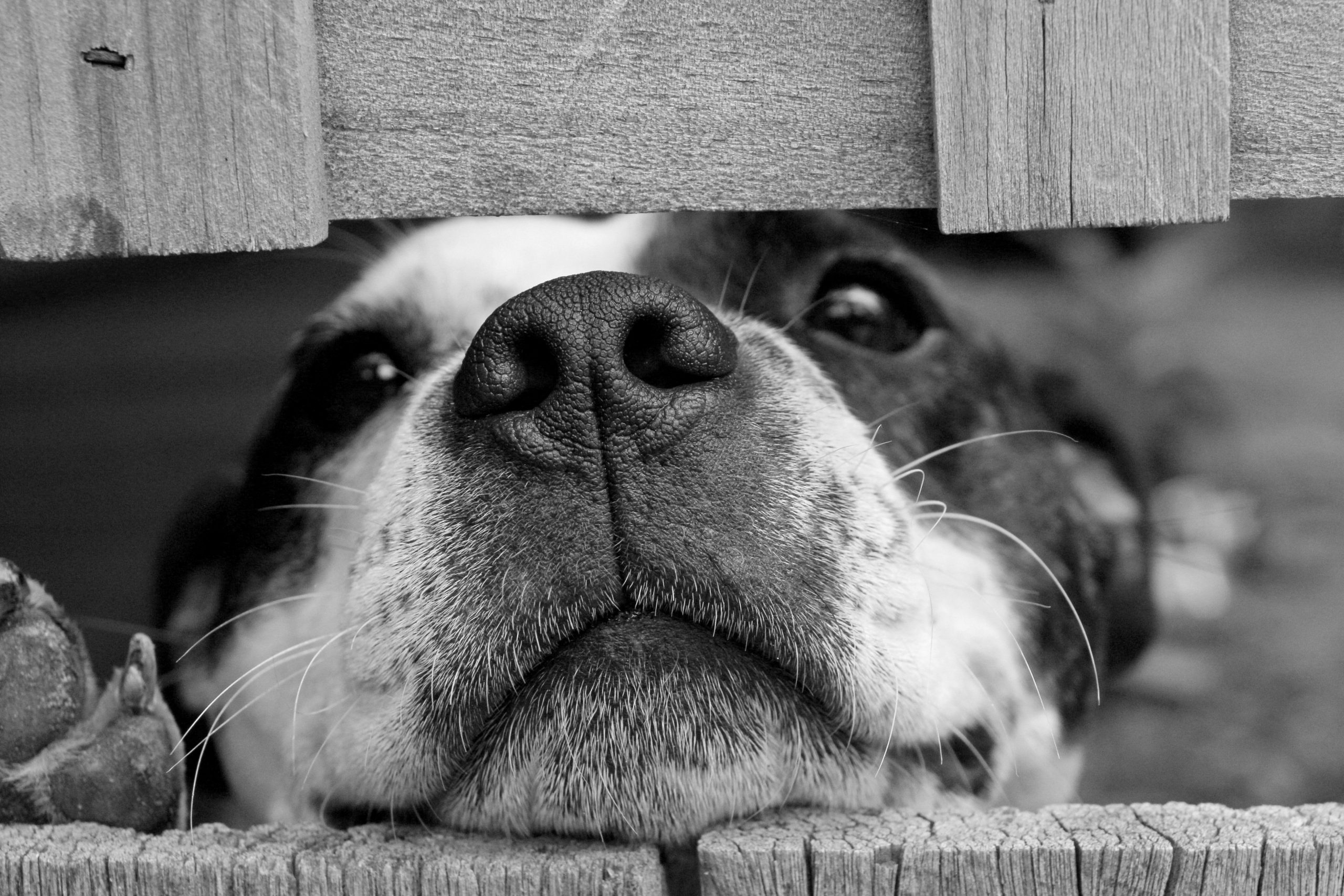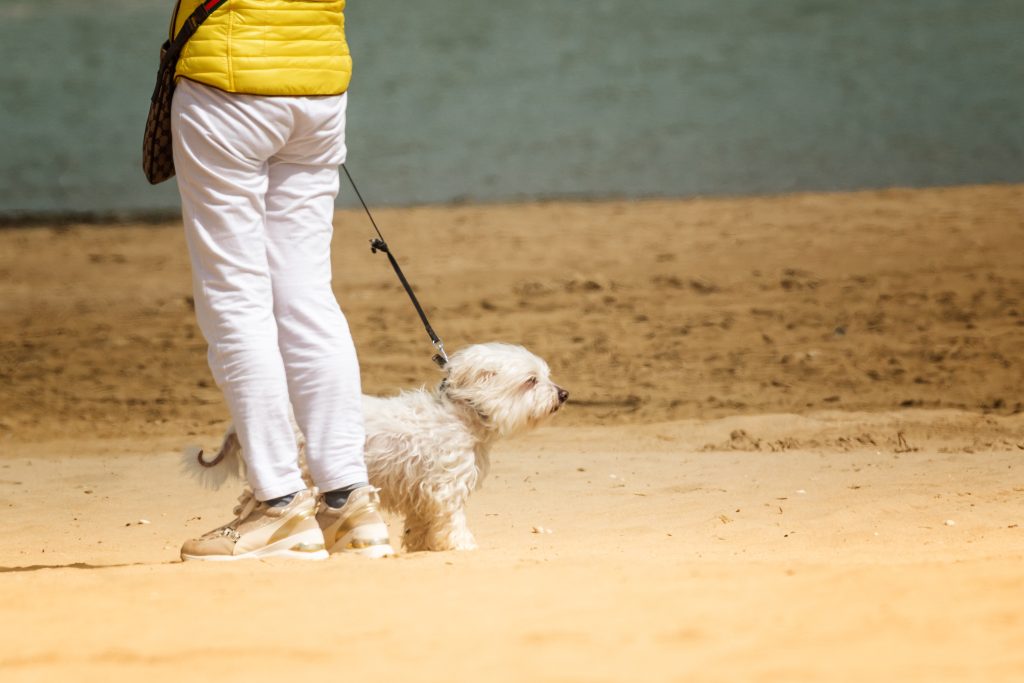Dogs, our loyal companions, have an unparalleled ability to fill our lives with love, joy, and unwavering devotion. However, some furry friends require extra care and attention due to special needs. These remarkable animals may face physical, sensory, or cognitive challenges, but their resilience and unconditional love know no bounds. Welcoming a special needs dog into your family is a rewarding journey that demands patience, understanding, and a commitment to providing them with the care they deserve.
Understanding Special Needs in Dogs Special needs in dogs can arise from various circumstances, including birth defects, injuries, illnesses, or the natural aging process. Some common ones include:
Physical disabilities:
- Paralysis: Paralysis can affect either the front or hind limbs, or even all four limbs, making it difficult or impossible for the dog to walk or move around independently. This can result from spinal cord injuries, neurological disorders, or congenital defects.
- Amputations: Dogs may require the amputation of a limb due to injuries, cancer, or congenital deformities. While dogs can adapt remarkably well to life on three legs, they may need assistance with mobility and exercise.
- Mobility issues: Conditions like degenerative myelopathy, hip dysplasia, and arthritis can impair a dog’s ability to walk, run, or climb stairs. These dogs may require mobility aids like dog wheelchairs, harnesses, or ramps.
Visual or hearing impairments:
- Blindness: Dogs can become blind due to various reasons, including inherited conditions, injuries, cataracts, or glaucoma. Blind dogs rely heavily on their other senses and may require environmental modifications and extra guidance from their owners.
- Partial vision loss: Some dogs may experience partial vision loss, making it harder for them to navigate their surroundings and respond to visual cues.
- Deafness: Deafness in dogs can be congenital or acquired due to factors like old age, injuries, or certain medications. Deaf dogs require specialized training using hand signals and other non-verbal communication methods.
Cognitive or neurological disorders:
- Canine cognitive dysfunction (doggy dementia): Similar to Alzheimer’s disease in humans, this condition affects older dogs and can lead to changes in behavior, disorientation, and memory loss.
- Seizure disorders: Epilepsy and other seizure disorders can cause recurrent seizures and may require medication and environmental modifications to ensure the dog’s safety during episodes.
- Brain injuries or neurological conditions: Trauma, strokes, or congenital abnormalities can affect a dog’s cognitive abilities, behavior, and overall neurological function.
Chronic illnesses:
- Diabetes: Dogs with diabetes require insulin injections, dietary management, and regular monitoring of their blood sugar levels.
- Kidney disease: Chronic kidney disease can lead to various complications and may require dietary restrictions, fluid therapy, and medication.
- Cancer: Dogs undergoing cancer treatment may experience side effects like fatigue, nausea, and appetite changes, requiring additional care and support.
- Autoimmune disorders: Conditions like lupus or inflammatory bowel disease can impact a dog’s overall health and require ongoing management.
Wellness and Nutrition Tips for Special Needs Dogs Caring for a special needs dog requires a holistic approach that considers their unique requirements. Here are some essential wellness and nutrition tips:
- Veterinary care: Regular check-ups with a veterinarian are crucial for monitoring your dog’s condition, adjusting treatments, and ensuring their overall well-being.
- Specialized diets: Depending on your dog’s specific needs, they may require a specially formulated diet to support their health. For example, dogs with kidney disease may benefit from a low-protein diet, while those with diabetes may require a low-carbohydrate, high-fiber diet.
- Supplements and medications: Your veterinarian may recommend supplements or medications to manage your dog’s condition, such as joint supplements for arthritis, anti-seizure medications, or insulin for diabetes.
- Environmental modifications: Creating a safe and accessible environment can significantly improve your special needs dog’s quality of life. This may include installing ramps, providing non-slip surfaces, or using mobility aids like doggy wheelchairs or harnesses.
- Exercise and mental stimulation: Regular, low-impact exercise and mental stimulation can help maintain muscle strength, flexibility, and cognitive function. Adapt activities to your dog’s abilities and consult your veterinarian for guidance.
- Grooming and hygiene: Special needs dogs may require additional grooming and hygiene care, such as regular nail trims, ear cleaning, or assistance with toileting.
- Socialization and training: Positive reinforcement training and socialization can help build confidence, strengthen the human-animal bond, and maintain good behavior in special needs dogs.
Embracing the Rewards of Caring for Special Needs Dogs While caring for a special needs dog may require extra effort and resources, the rewards are immeasurable. These resilient animals have an incredible capacity to bring joy, teach valuable lessons about compassion, and inspire us with their unwavering spirit. By providing them with the care and accommodations they need, you can ensure they live their best life and experience the love and companionship they deserve.
Remember, every dog is unique, and their special needs may evolve over time. Staying attuned to your furry friend’s changing requirements, seeking guidance from veterinary professionals, and adapting their care accordingly is crucial. With patience, dedication, and a deep wellspring of love, you can create a nurturing environment where your special needs dog can thrive and flourish.




 On demand visits for urgent issues 24/7
On demand visits for urgent issues 24/7 








